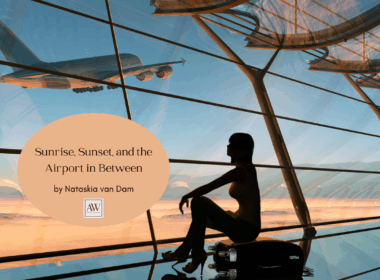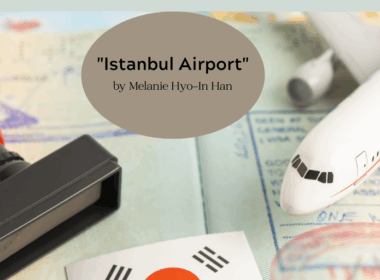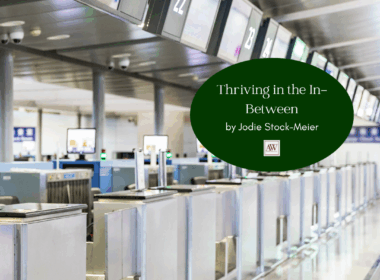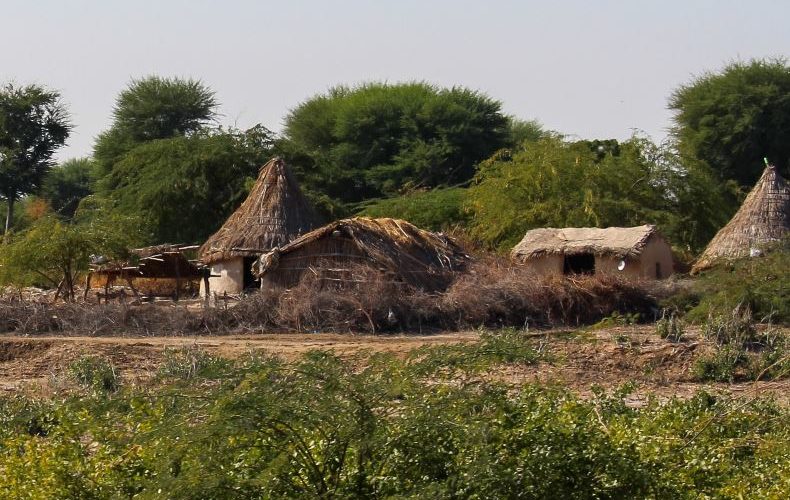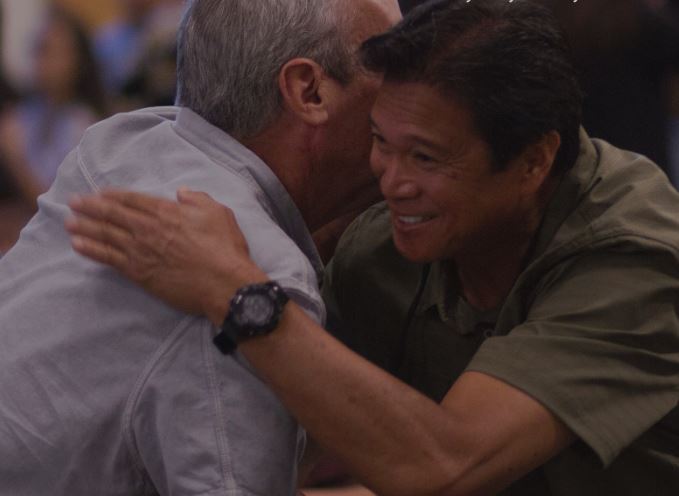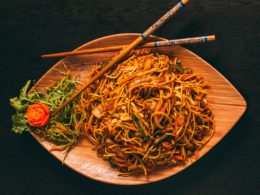By Marilyn R. Gardner
Pakistan raised me, fed me, and nourished me.”
I’m six years old, walking on a dirt road and holding my mom’s hand. We are in a small village in the southern area of Pakistan. This area is known for its heat (some of the hottest recorded temperatures in Southeast Asia) and its beautiful textiles. We walk in sandaled feet, dust kicking up with each step. Curious children have come alongside me, reaching out to touch my hands and my hair. Not normally a shy child, I’m suddenly feeling shy. They shout greetings of welcome, but I cling tighter to my mom’s hand.
Besides the children, chickens are clucking amiably, oblivious to our arrival. A donkey is tied up at a nearby well and cows are out in fields that are now green from winter rains.
Our host hears the commotion and comes from his one-room home to greet us. His smile is huge and infectious. He’s accompanied by other village men. They greet my father with effusive hugs and handshakes. We walk past two more mud-baked homes before arriving at the home of our host. At this point his wife and daughters come to greet us, their smiles equally big. Gold earrings dangle from their ears, nose rings glisten in the sunlight, and bracelets circle up their arms.
We enter the shade of a modest room made of mud with a thatched roof. Rope-strung beds called charpais are against the sides of the room. They are covered with quilts made of bright colors with tiny stitches. We sit down and begin to visit. Cups of steaming chai are followed by sweets bought for us at a local bazaar, a treat enjoyed by this family perhaps only once or twice a year. Hours later, we are served chicken curry with chapatis, traditional flat bread resembling tortillas. The hot spices make our noses run and our eyes tear up. It is so delicious that the memory stays with me until this day.
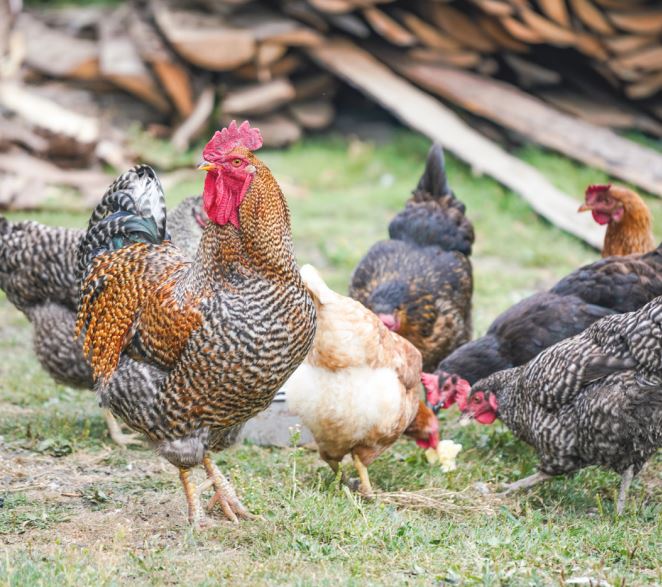
It is only later that I realize we left the village with one less chicken. A chicken that lays eggs, giving a family much needed protein for their diets. A chicken that can be killed for a holiday celebration, creating a meal for many. A chicken—an offering of friendship and welcome.
Thinking about it as an adult I shake my head in amazement at this generous and extravagant hospitality. Whether it was with a chicken killed for curry in a village or a cup of tea offered in a home, Pakistan raised me, fed me, and nourished me.
As a relational society, hospitality is in the country’s DNA and a critical part of every interaction. This hospitality through invitations to dinner, tea, or through food brought to our home were so much a part of our lives that we didn’t really think about it. It was the way all of us lived.
Until we no longer lived that way. Until we left.
For years after I left Pakistan the memories of Pakistani hospitality would flood over me, often leaving me in tears. I would tell the story of the chicken to amazed listeners as I bemoaned the lack of hospitality in my passport country. I whined about the absence of generosity—I felt affronted by this land of plenty that guarded its time and resources so selfishly.
I felt affronted by this land of
plenty that guarded its time and
resources so selfishly.”
Until one day I realized that I had become that which I resented. I had become the person unwilling to take time to invite people into my home and into my life. My house had become a vehicle of entertainment and the latest new décor instead of a haven of warmth and generosity to welcome a stranger.
I always had an excuse—my house wasn’t big enough, I worked full time, I didn’t really know what people wanted to eat, besides—what if they said no? The litany of excuses was creative and long and it did what I wanted it to do. It kept the doors closed and my life tidy.
It was in reflecting on the generosity of my childhood that I realized nothing in my early life had taught me to withhold hospitality. In fact, it was the opposite! My early memory of a mud home in a village was all I needed to recognize that my excuses did not hold up. Convicted, I began to change.
The change coincided with a move back to the Northeast—an area I had always found cold and inhospitable. In the dead of winter, we moved into an apartment in Cambridge, Massachusetts, a city with several universities and a revolving door of people from around the world coming through. Our dinners began to expand with visiting scholars and their families, students, residents and interns, and our children’s friends. Always the ones to leave, we were suddenly the ones who were staying. And so, we stayed, and as we did, we held goodbye parties for those who left, baby showers for tiny newcomers, and graduation parties for students who completed their studies.
Whether it was carving pumpkins on Halloween or a Middle Eastern dinner on a cold winter night, our home echoed with laughter and stories from Syria, Palestine, Iran, Ukraine, Greece, Turkey, Kurdistan, Romania, Lebanon, Serbia, Bulgaria and more. The walls of our city apartment somehow expanded to accommodate however many ended up coming. But it wasn’t just the walls of our apartment that expanded—it was the walls of our hearts. As the US decreased the number of immigrants and refugees who could come into the country, the wider our doors and table became. The more governments pushed away, the more important it felt to hold fast and pull in. With every grain of rice or bowl of soup served I remembered the lessons absorbed in a childhood in Pakistan: kill the chicken, serve the tea, offer the sweets, step away from scarcity and into abundance, share bread and share life, and watch what happens. The results are extraordinary.
Kill the chicken, serve the tea,
offer the sweets, step away from
scarcity and into abundance,
share bread and share life, and
watch what happens.”
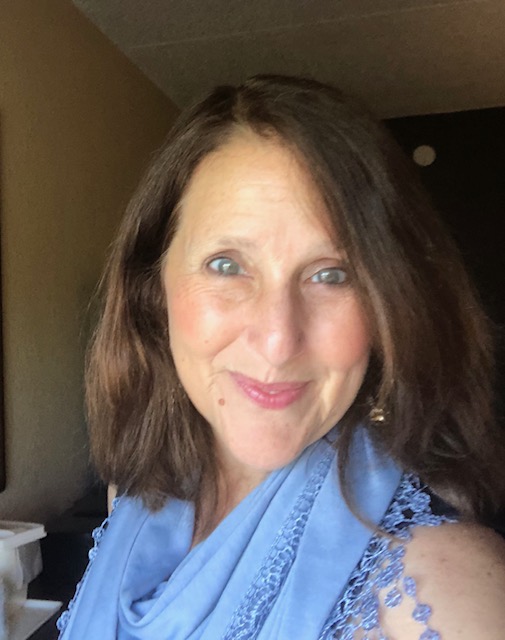
Marilyn Gardner is a public health nurse and writer who lives in Boston. A third culture kid raised in Pakistan, she has lived and worked in four countries as an adult. She is the author of two books: Between Worlds: Essays on Culture and Belonging, and a memoir, Worlds Apart: A Third Culture Kid’s Journey. Her writing appears in Plough Magazine, Fathom Magazine, Among Worlds Magazine, A Life Overseas, and on her own blog Communicating Across Boundaries.


